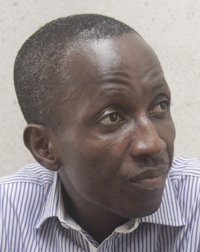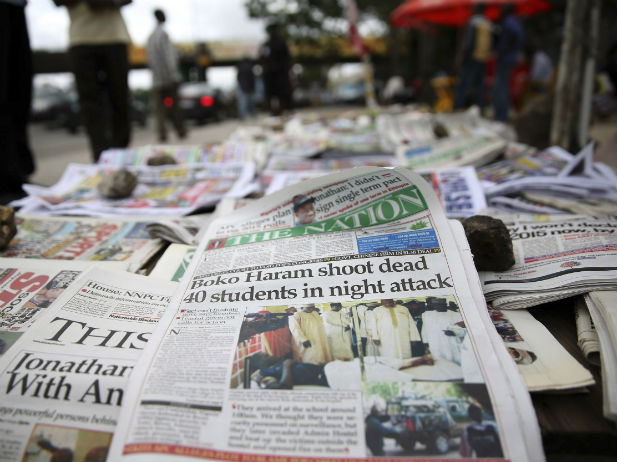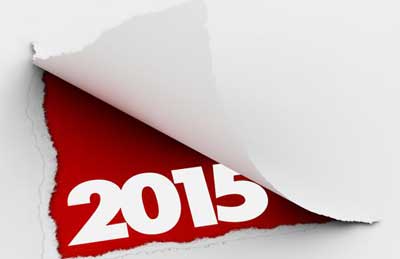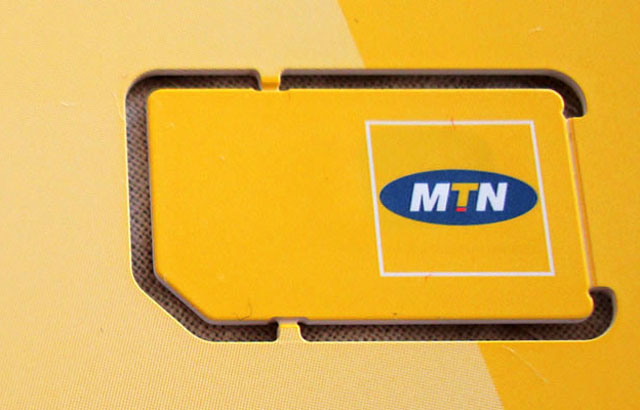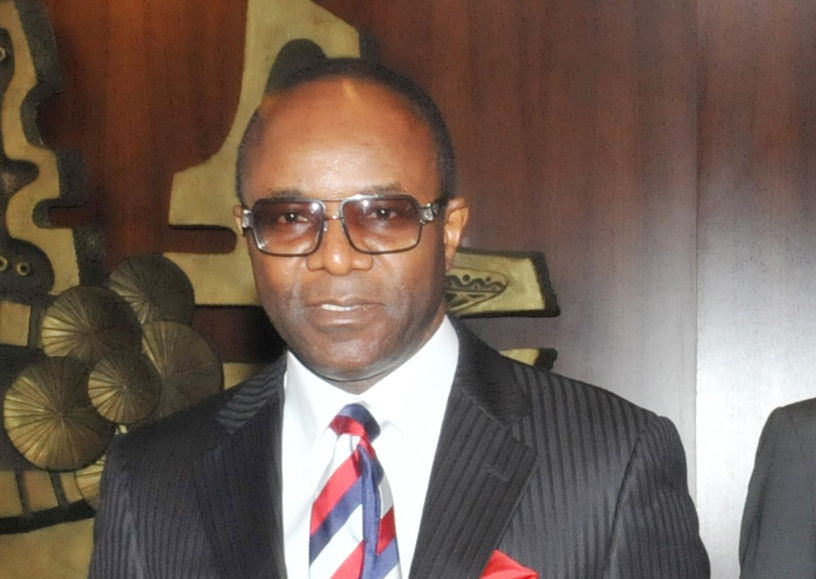With the arrest of former National Security Adviser, Sambo Dasuki, and the mind-boggling disclosure of those who fed fat on our collective patrimony, publishers must be ashamed of media owners’ roles in the sordid tale. Of course, we should not use just one brush to tar the many honest and hardworking publishers and journalists left in the land, but this moment must surely rank as one of the lowest for all of us in this noble profession. We have not covered ourselves in glory and whichever way members of the Newspapers Proprietors Association of Nigeria (NPAN) want to spin the saga involving their president, Nduka Obaigbena, THISDAY newspapers publisher, and some other publishers, an incestuous relationship existed between them and the Goodluck Jonathan government.
Journalists wield so much power and naturally so, but perhaps nowhere are the publishers and media owners are as powerful as in Nigeria. Every politician covet their friendship, business owners want to be in their good books while those in government recognise that these people can make or mar their administration. That is the way it should be after all media owners to a large extent determine what the public read and hear even when they allow their employees, read journalists, to perform their duties without fear or hindrance. Our experience, however, indicates that this relationship portends a real danger to our democratic journey. One does not need to be a governance or media scholar to appreciate the nexus between good governance and free media.
It remains doubtful if the present crop of media owners and journalists can superintend Nigeria’s democratic journey to the Promised Land based on what we have seen so far. We cannot also continue to pretend that all is well with our profession by refusing to speak out against corruption that is incapacitating us from playing our watchdog role effectively. Of course I support the argument that we might not expect the media to be different as corruption permeates every area of our lives but with the self-assigned and constitutionally-guaranteed oversight functions of the media, Dasukigate offers us ample opportunity to review our activities and how we have succeed in throwing the profession to the dogs.
The need for this is further amplified as I surveyed the media landscape and discovered that there is an affinity between a largely corrupt media organisation and inability to pay salaries, remit deducted taxes and pension contributions, and meeting other contractual obligations to her workers. Mr. Obaigbena, under whose watch NPAN collected N120 million from Dasuki also got a tidy sum of N670 million for his organisation’s premises that was bombed on April 26, 2012. Another media owner, Raymond Dokpesi of AIT, has actually been charged to court for receiving N2.2 billion from the former NSA. Interesingly, both organisations owe their workers arrears of salaries with Nigeria Union of Journalists (NUJ) in Lagos shutting down THISDAY on the matter earlier this year and also because of the newspaper house failure to remit taxes deducted from its staff and their pension contributions. While I know quite a lot of colleagues in these two media houses and they are among the best journalists, we should not expect decent and qualitative work from someone whose salaries have not been paid and thereby cannot meet his obligations to family members and society at large, they are more susceptible to corrupt influence than those who do not have to worry about where the next paycheque will come from.
Advertisement
With the gale of denials from some publishers that they did not collect any money for newspapers seized in June 2014, some reactions have been encouraging and reassuring that all is not lost among NPAN members. First was Punch Newspapers Limited who issued a well-crafted statement announcing its withdrawal from NPAN until things are done decently. Further, Sun Newspapers decided to return the N9 million cheque it collected based on “the unfortunate insinuation of involvement in the illegal sharing of the nation’s commonwealth and the feasting on the blood of soldiers fighting the war against insurgency,” the management said in a statement it issued on Sunday. These two newspapers deserve our commendation and the steps they have taken are the minimum we should insist on as the way forward. Good enough that both organisations have decided to pursue their claims in courts as the military, which seized the newspaper copies, are government agents.
Some pertinent questions for NPAN include: why the use of another company, General Hydrocarbons, in receiving the N120 million? Who evaluated the losses incurred and how was the N10 million arrived at? If the payment was for the losses suffered, how come newspapers were asked to donate N1 million each for building a new NPAN secretariat? Why the secrecy surrounding the negotiation as the public did not know until the investigation into arms purchase by the past government commenced? Let’s hope NPAN will provide answers to these questions, otherwise it remains tainted.
Advertisement
Views expressed by contributors are strictly personal and not of TheCable.
Add a comment
